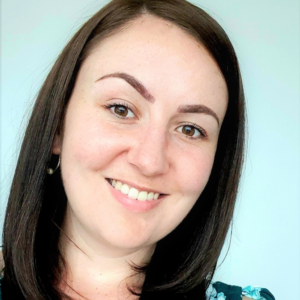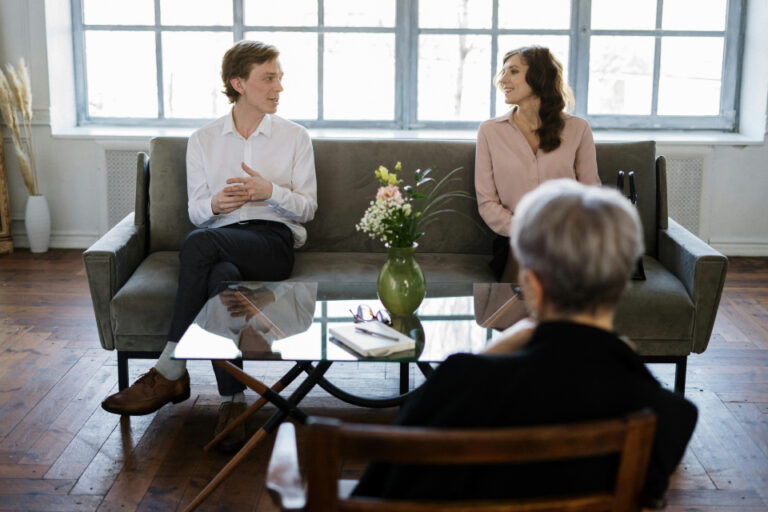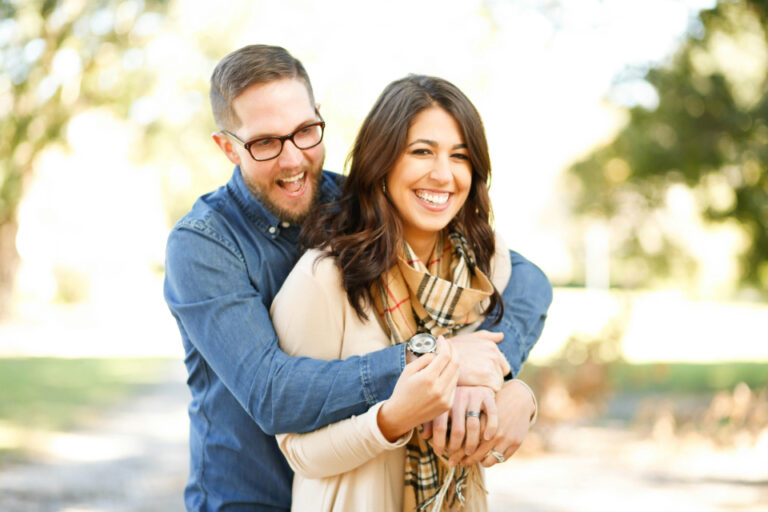Choosing the right relationship counsellor is pivotal in harnessing the benefits of relationship counselling, including improved communication, stronger emotional connections, and the ability to navigate through conflicts more effectively.
It’s about engaging with a professional who not only listens but deeply understands and guides both partners through the complexities of their relationship.
This guide is designed to simplify your search process, equipping you with the necessary insights to make an informed choice. We aim to assist you in finding a counsellor who can not only facilitate pivotal conversations but also help you realize the full spectrum of benefits that relationship counselling can offer, fostering a deeper understanding and enduring improvements in your partnership.
The Importance of Finding the Right Counsellor
Finding the right relationship counsellor is pivotal to the success of therapy. The effectiveness of counselling significantly hinges on the compatibility between the counsellor and the couple, as well as the counsellor’s skill set and approach.
Here are key aspects most couples to consider when choosing a relationship counsellor:
Trained in Couples Counselling
Specialised Training: Ensure the counsellor has specific training and experience with couples counselling. This specialization is crucial as couples therapy demands skills distinct from those used in individual therapy.
Experience Matters: Look for counsellors with a demonstrated history of working with couples. Their experience can offer insights and strategies tailored to relationship dynamics.
Research Different Therapies
Evidence-Based Approaches: Familiarize yourself with therapy models like Emotionally Focused Therapy (EFT), the Gottman Method, and Cognitive Behaviour Therapy (CBT) for couples. Opt for counsellors who practice evidence-based methods.
Fit for Your Needs: Consider which therapy approach resonates with your relationship goals and challenges. Different methods suit different needs.
Counsellor’s Neutrality
Unbiased Support: A good relationship counsellor maintains neutrality, not allowing their personal beliefs about relationships to influence their guidance. They facilitate the exploration of options rather than directing decisions.
Cultural and Belief Sensitivity: For couples with strong cultural or religious beliefs, finding a counsellor who shares their understanding or respect for these values can be beneficial.
Comfort and Safety
Open Communication: You should feel comfortable discussing any concerns with your counsellor. A productive counselling relationship allows for feedback and adjustments.
Emotional Safety: The counsellor should create a safe environment where both partners feel heard and respected. Effective counsellors manage sessions well, ensuring discussions remain constructive.
Impact on Relationship Improvements
Enhanced Communication: A skilled relationship counsellor can guide couples towards better understanding and empathy, crucial for resolving conflicts.
Strengthened Bond: Counseling can significantly improve the quality of a relationship through targeted interventions and fostering open dialogue.
Resilience Building: Couples learn coping strategies for future challenges, making the relationship more resilient.
Choosing the right counsellor is not just about finding a qualified professional but someone whose approach aligns with your relationship’s needs and goals.
This careful selection can lead to profound and significant improvements in your relationship, highlighting the critical role of a well-matched counsellor in couples counselling.
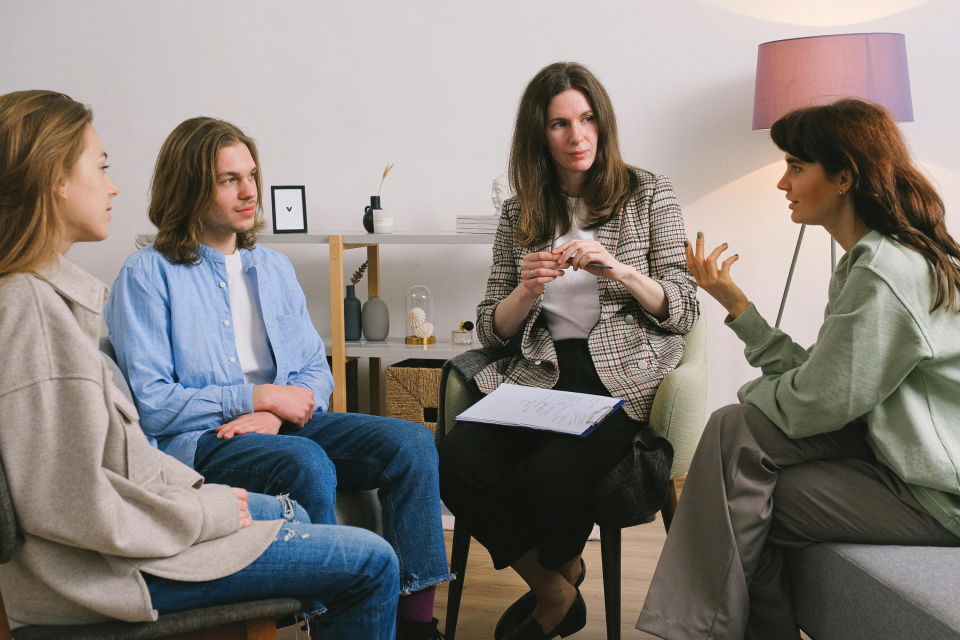
Types of Relationship Counsellors
When seeking help for relationship issues, it’s crucial to understand the different types of professionals available and the unique approaches they employ.
Seek professionals with a degree in family therapy or systemic therapy, often with accreditation from a recognised body like the Australian Counselling Association (ACA), Psychotherapy and Counselling Federation of Australia (PACFA), or Australian Health Practitioner Regulation Agency (AHPRA).
Specific Approaches in Couples Therapy
Cognitive-Behavioural Couples Counselling: Targets dysfunctional thinking patterns to improve emotional responses and behaviours within the relationship.
Emotionally Focused Couples Counselling: Based on attachment theory, this method aims to enhance emotional bonds and secure attachment between partners.
The Gottman Method: This method utilises the Sound Relationship House model to build a strong, lasting relationship through effective assessment and interventions.
Solution-Focused Couples Counselling: Concentrates on resolving specific problems quickly, fostering positive change and common goal setting.
When seeking a relationship counsellor, it’s beneficial to understand these distinctions and counselling approaches.
Choosing a relationship counsellor or psychologist with the right background and expertise can significantly enhance the effectiveness of the therapy, providing tailored support to address the unique challenges of your relationship.
Identifying Your Needs
Before beginning the journey of relationship counselling, it’s crucial to take a step back and assess the specific needs and goals you and your partner have for therapy.
Understanding what you both wish to achieve can guide you in choosing the right counsellor and make the marriage counselling process more effective.
Assessing Relationship Issues
Common Concerns: Start by identifying the main issues causing relationship problems your relationship, such as communication breakdowns, trust issues, financial disputes, or differences in sexual desire.
Patterns and Triggers: Notice recurring patterns or triggers that lead to conflicts. Understanding these can help in addressing the root causes of your problems.
Impact on the Relationship: Reflect on how these issues affect your relationship’s quality and your personal well-being. This will help in prioritising the concerns you wish to tackle.
Setting Goals for Counselling
Improved Communication: Many couples aim to enhance their communication skills to express themselves more clearly and understand each other better.
Resolving Specific Conflicts: You may have particular disputes or decisions that you need help navigating through.
Strengthening the Bond: Some couples wish to rediscover the emotional connection or intimacy that has been lost over time.
Coping with External Pressures: A key goal can also be learning to manage stresses from outside the relationship, such as family or work demands.
Understanding Both Partners’ Needs
Individual Perspectives: Each partner may have their own expectations and areas they feel need improvement. It’s important to acknowledge and respect these individual perspectives.
Common Ground: Find areas where both partners agree and are willing to work on. This shared commitment can significantly contribute to the counselling’s success.
Open Dialogue: Before attending counselling, discuss your needs and goals openly. This preparatory step can reduce apprehension and ensure both are on the same page.
Considering Personal Growth
Self-Reflection: Counselling can also be a time for personal growth, helping individuals understand their behaviours, emotions, and contributions to the relationship dynamics.
Individual Therapy: In some cases, individual therapy might be recommended alongside couples counselling to address personal issues affecting the relationship.
Identifying your needs and setting clear objectives for relationship counselling are foundational steps in the therapeutic process.
By understanding your and your partner’s needs, you can enter counselling with a clear direction and a readiness to engage in the work necessary to foster a healthier, more fulfilling relationship.
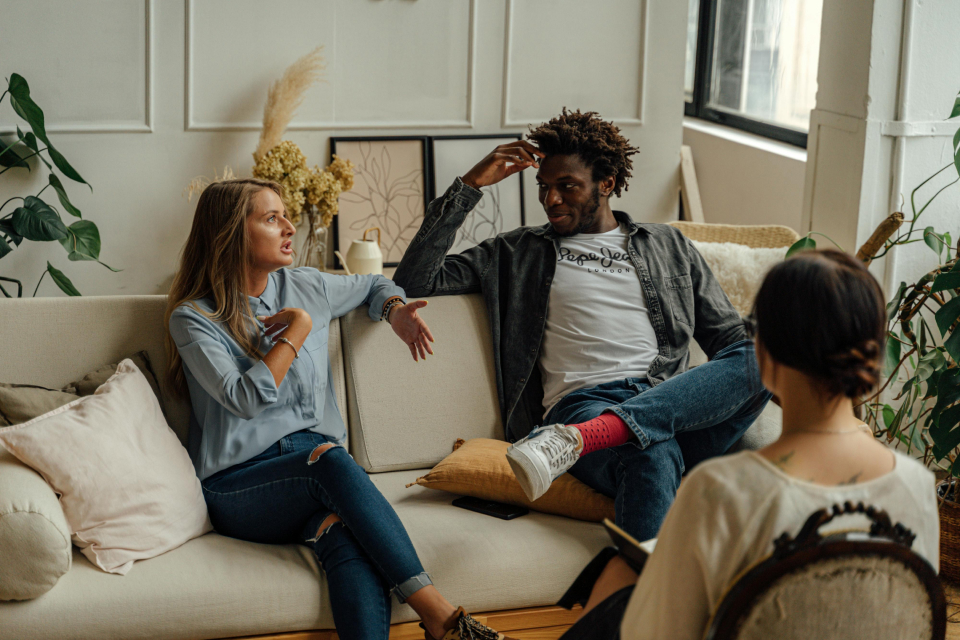
Key Questions to Ask a Potential Counsellor
Finding a therapist who aligns with your needs is paramount to a successful counselling experience. Compatibility, expertise, and approach are essential factors when selecting a counsellor.
Here are critical questions that can help you assess whether a therapist might be a good fit for you and your partner.
Training and Certification
Qualifications: “What certifications or degrees do you hold related to relationship counselling?”
Specialized Training: “Have you received specific training in couples therapy? Can you tell me more about your Emotionally Focused Therapy (EFT) training, the Gottman Method, or Cognitive Behavioural Couples Therapy?”
Experience
Years in Practice: “How long have you been practicing couples therapy?”
Experience with Similar Couples: “Have you worked with couples who have faced issues similar to ours? How have you helped them overcome these challenges?”
Therapeutic Approach
Treatment Methodologies: “What kinds of treatment or therapy do you think might help our situation? Can you explain the advantages and disadvantages of these approaches?”
Success Rates: “Based on your experience, what are the chances that treatment will succeed for a couple like us?”
Treatment Process: “How does the treatment process work? What can we expect in our sessions with you?”
Progress and Outcomes
Assessment of Progress: “How will we assess our progress throughout the therapy?”
Handling Stagnation or Deterioration: “What should we do if we don’t feel our situation is improving? How do you address cases where couples do not respond to the initial treatment plan?”
Logistics
Cost: “How much will treatment cost? Do you offer a sliding scale or accept insurance?”
Frequency and Duration: “How often will our sessions be, and how long is each session? What is the typical duration of therapy for couples with similar issues to ours?”
It’s important to note that while these questions are crucial, the therapist might not have definitive answers to all of them. The aim is to gather as much information as possible to make an informed decision.
Establishing a rapport with a therapist who feels like the right match for you and your partner is the most critical aspect of starting your counselling journey on a positive note.
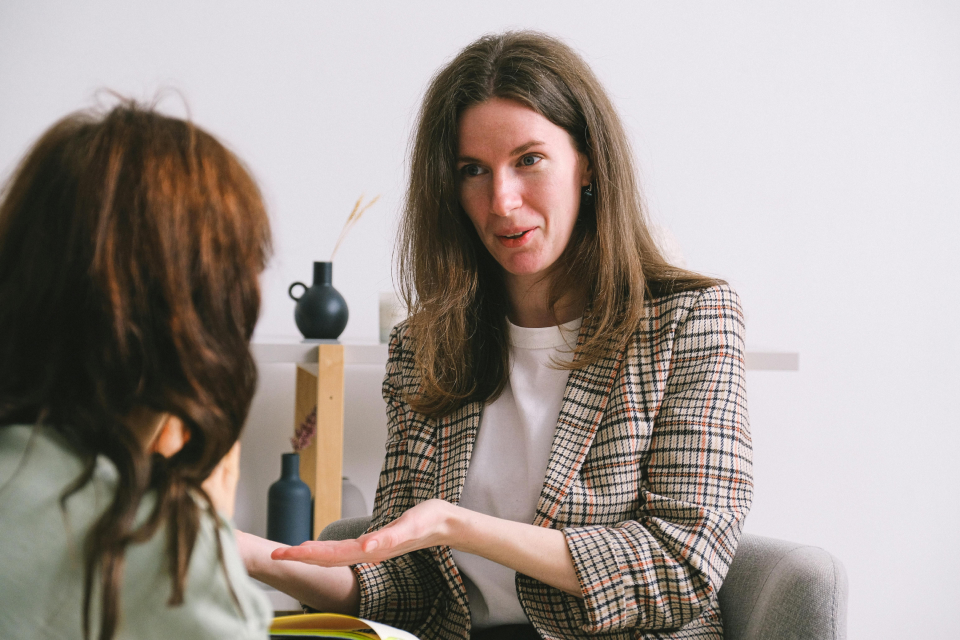
Special Considerations
When seeking relationship counselling, it’s important to consider all aspects of your relationship and personal circumstances.
Certain situations, like non-monogamous relationships, the need for extra support for individual work within couples therapy, and hesitancy from one partner, require special consideration.
Non-Monogamous Relationships
Inclusive Therapist: Seek a therapist who is experienced and comfortable working with non-monogamous relationships. They must understand the unique challenges and dynamics involved.
Open Communication: Ensure that your counsellor promotes open communication and understands the importance of consent, trust, and negotiation in non-monogamous relationships.
Individual Work Within Couples Therapy
Personal Growth: Sometimes, individual issues may affect the relationship. A counsellor might suggest individual sessions as part of couples therapy to address personal challenges.
Integrated Approach: Look for therapists who can integrate individual growth with relationship goals, ensuring that personal development supports the partnership.
When One Partner Is Hesitant
Understanding Reluctance: One partner commonly tends to be more hesitant about counselling. Discuss their fears or concerns openly to understand their perspective.
Initial Consultation: Consider starting with an initial consultation where the hesitant partner can meet the therapist, ask questions, and express their concerns without the pressure of committing to therapy.
Gradual Involvement: Some therapists offer the option of starting therapy individually and gradually involving the hesitant partner. This can sometimes ease the transition into couples therapy.
Choosing a therapist who respects and addresses these special considerations is essential, ensuring that both partners feel supported and understood. By acknowledging and working through these considerations, a good couples therapist can create a more inclusive and effective therapy experience.
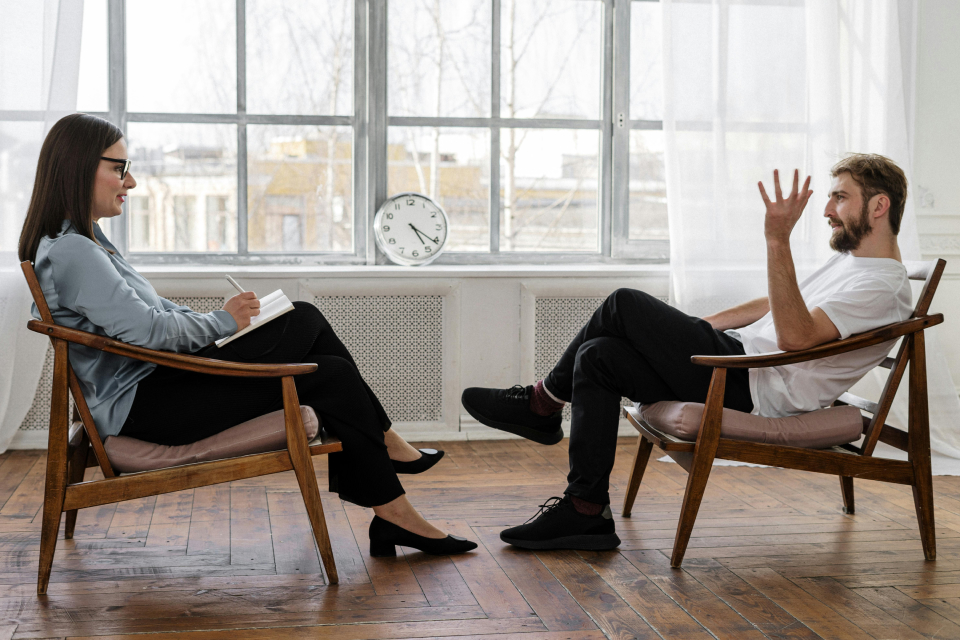
Conclusion: A Step Towards A Happier Life
Finding the right relationship counsellor is a journey that requires thoughtfulness, patience, and a clear understanding of both partners’ needs.
Here, we summarize the essential steps and considerations to guide you towards making an informed choice, and we encourage couples to view therapy as a positive step towards a healthier, more fulfilling relationship.
Summarizing Key Points
Understand Your Needs: Assess your relationship issues and what you hope to achieve through counselling.
Types of Counsellors: Differentiate between couples therapists, family therapists, and individual therapists, and choose one based on your specific needs.
Research and Questions: Do thorough research on potential counsellors, and don’t hesitate to ask them detailed questions about their training, experience, and approach.
Special Considerations: Be mindful of specific dynamics in your relationship, such as non-monogamy, the need for individual therapy, or one partner’s hesitancy, and choose a therapist who can accommodate these.
Compatibility and Comfort: Ensure that both partners feel comfortable and supported by the therapist. Good rapport is crucial for effective therapy.
Encouragement to Seek Therapy
A Positive Step: Deciding to seek relationship counselling is a commendable step towards improving your partnership. It demonstrates a commitment to addressing issues and growing together.
Building a Stronger Bond: Through therapy, couples can learn valuable communication, conflict resolution, and emotional connection skills, laying the groundwork for a stronger, more resilient relationship.
Support for All Stages: Whether you’re facing significant challenges or wish to strengthen your bond, therapy can offer support and guidance tailored to your relationship’s unique needs.
Remember, the path to a healthier relationship involves both partners’ willingness to explore, understand, and work on their issues together. With the right relationship counsellor, couples can navigate the complexities of their relationship, overcome challenges, and foster a deeper, more meaningful connection.
